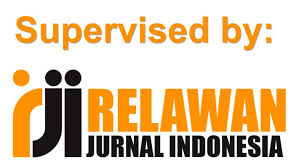Pengembangan Model Manajemen Evaluasi Pembelajaran Terpadu untuk Pendidikan Islam Anak Usia Dini (PIAUD)
DOI:
https://doi.org/10.37092/bouseik.v2i1.743Keywords:
Pendidikan Anak Usia Dini; Pendekatan Pedagogis; Pengembangan HolistikAbstract
Early childhood requires a learning approach that considers individual needs and encourages the development of socio-emotional and cognitive skills. A stimulating and inclusive learning environment is essential to ensure every child has an equal opportunity to thrive. This research investigates various practical pedagogical approaches in early childhood education, focusing on developing socio-emotional, cognitive, and holistic skills. This research uses a qualitative approach by conducting a comprehensive literature review of various effective learning strategies in early childhood education. Data were analyzed thematically to identify general patterns and emerging trends. The research results show that a practical pedagogical approach in early childhood education involves using inclusive and child-centered learning methods that emphasize developing socio-emotional and cognitive skills. Involving parents, school staff, and the community has also proven critical in creating a supportive and stimulating learning environment. This research concludes that quality early childhood education requires a holistic and inclusive pedagogical approach. Educators and educational practitioners must continue developing evidence-based learning practices and integrating findings from this research into their daily practice. This will ensure every child has the same opportunity to develop to their full potential in a supportive and stimulating learning environment.



.png)











